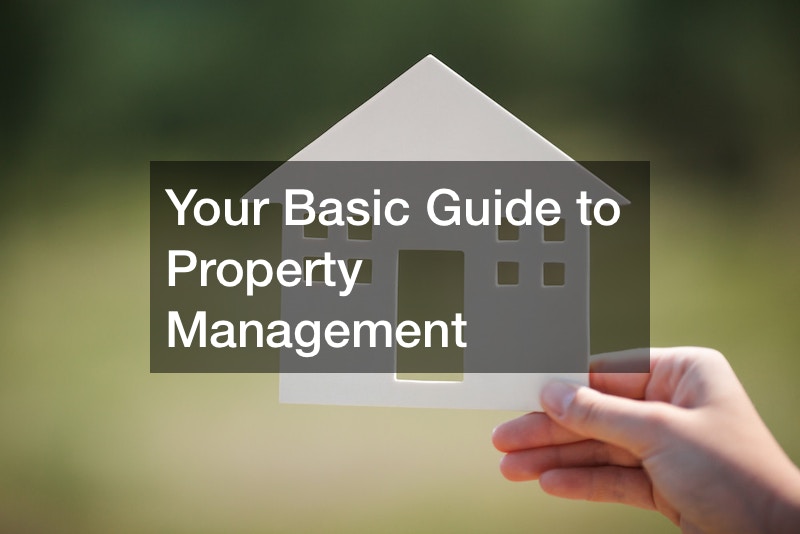Property managers oversee the day-to-day operations and maintenance of real estate properties on behalf of property owners. Their responsibilities encompass various facets of property management, ensuring the smooth and efficient functioning of residential, commercial, or industrial properties. After watching this YouTube video you will have a better understanding of property management services.
- Tenant Relations: Property managers act as intermediaries between landlords and tenants. They handle tenant inquiries, address concerns, collect rent, and enforce lease agreements, fostering positive tenant relationships while ensuring compliance with regulations.
- Property Maintenance: They oversee property maintenance, arranging repairs, and inspections, and ensuring that the property meets safety standards. This includes scheduling routine maintenance, addressing emergencies promptly, and coordinating renovations or improvements.
- Financial Management: Property managers handle the financial aspects of the property. This involves budgeting, setting rental rates, collecting rent payments, paying bills, and maintaining financial records for the property owner.
- Marketing and Occupancy: They handle property marketing to attract tenants, advertising vacancies, conducting property viewings, and screening potential tenants. Maintaining high occupancy rates is crucial, and property managers work to ensure properties are appealing and competitive in the market.
- Legal Compliance: Property managers stay updated with landlord-tenant laws and ensure compliance with local regulations regarding property management, leases, eviction processes, and fair housing practices.
Overall, property managers serve as the backbone of efficient property operations. They work to balance tenant satisfaction, property maintenance, financial management, and legal compliance. It’s all to maximize the property’s value and ensure a positive experience for both owners and tenants.






